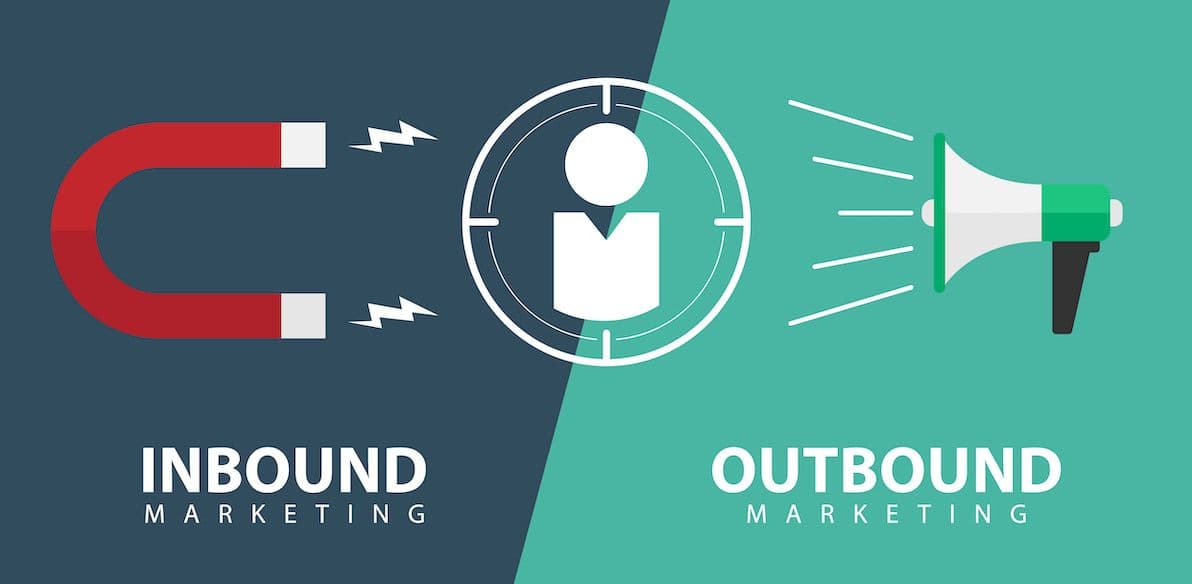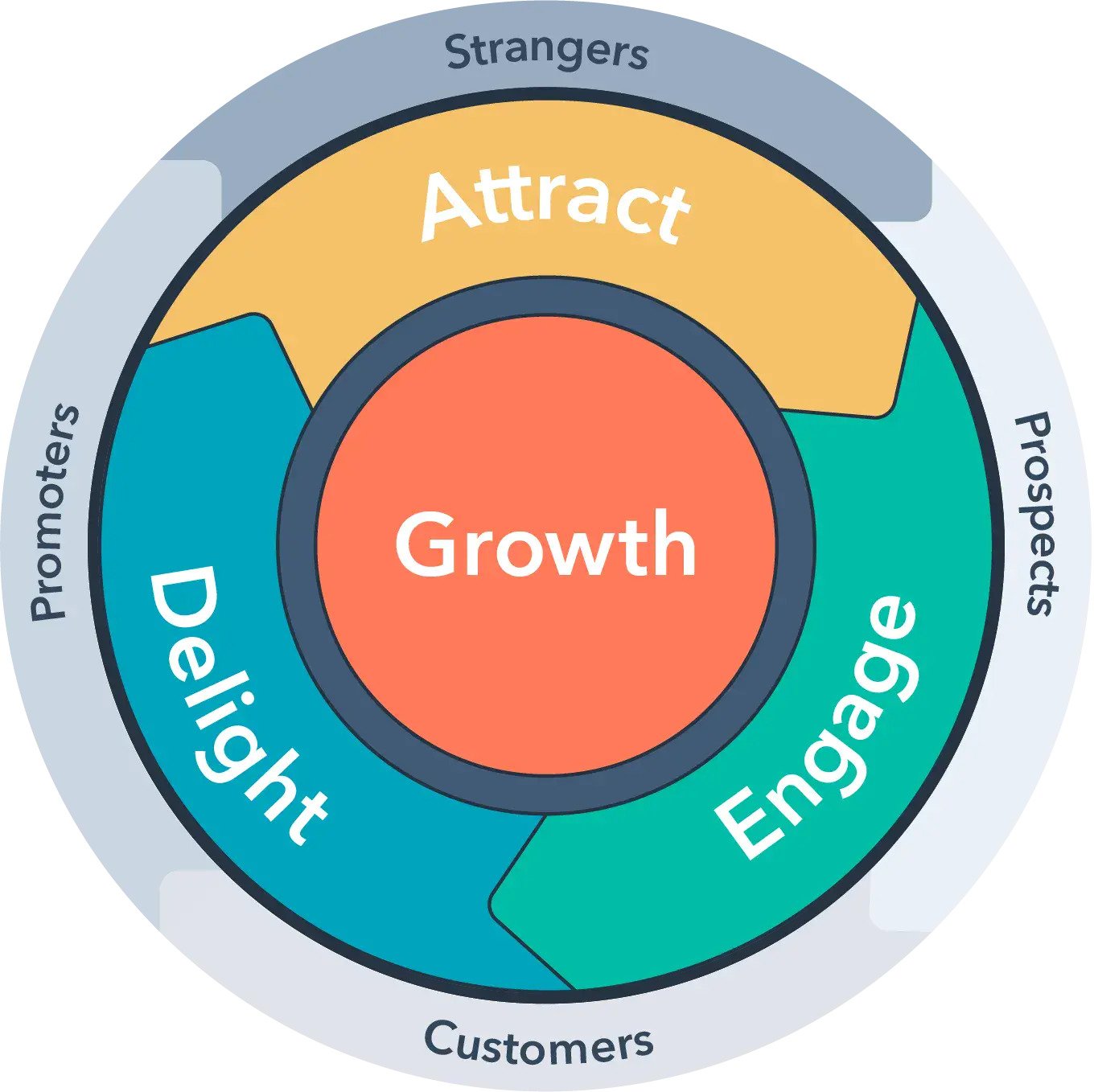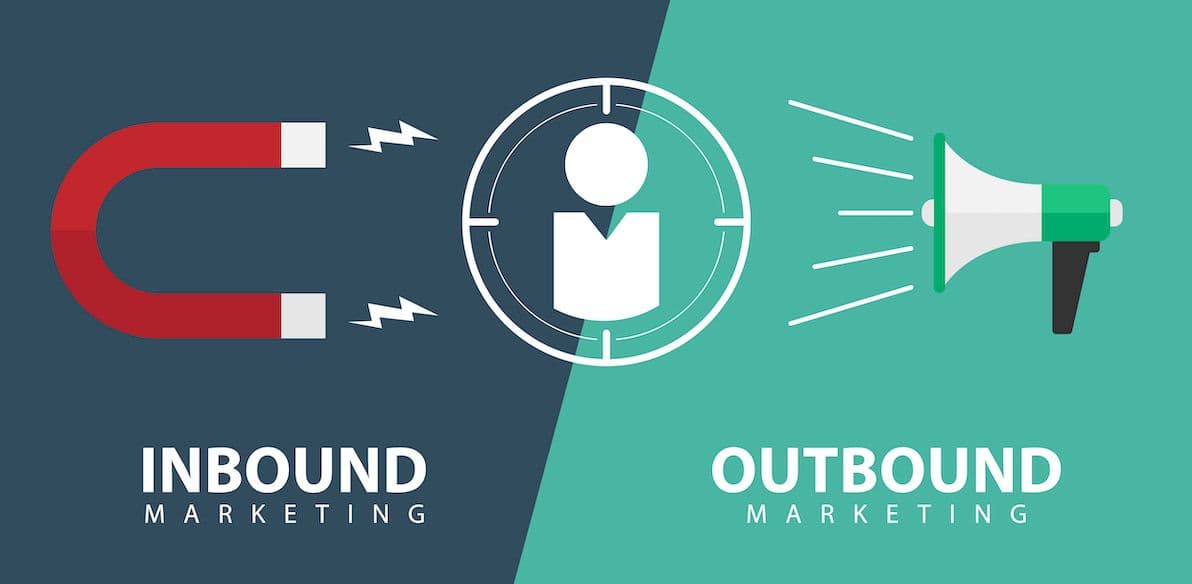Benefits of Inbound Marketing

Cost-effective
Lead-to-lead inbound marketing costs 62 percent less than outbound marketing and, at the same time, is more effective. This is because instead of blindly distributing what you have to offer in places where your target audience might be, you’re strategically creating extraordinary content that brings the audience to you.
Another reason inbound is a much more cost-effective approach is because it delivers the data you need to learn from your efforts and continuously optimize. This allows you to know more about your potential customers and thus serve them better.
Inbound marketing practices produce 54% more leads than traditional outbound practices. (Invespcro)
Inbound marketing is about focusing efforts on attracting people who are looking for something that you offer, because spending marketing resources on people who don't want or don't need your products is useless and absurd.
If you’re a business owner, on a marketing team, or just curious about how to grow your business—inbound marketing is the best ROI when it comes to spending your marketing budget.
Improves Customer Relationship
Inbound marketing is essentially about providing useful, valuable content to your target audience. At the core of every inbound strategy is the art of seeking to truly know your customers better in order to provide them with even more value. This is best accomplished through careful monitoring that helps you solve their problems and answer their questions. The more value you bring to your customers, the closer your relationship grows.
Ninety percent of consumers believe that personalized content is useful, and 78 percent believe that a company that cares about providing such content is interested in building a good relationship with them.
Higher brand awareness
Most of the time, being the first brand to pop up on someone’s mind is enough to win the competition. Even when they are not yet ready to become a lead, being present means being remembered.
Creating effective content isn’t all that hard (if you know what you’re doing) and it is so incredibly valuable to your positioning as a company. Having the proper content in place is not only the easiest and most popular way for people to learn about your business, but it establishes your brand as a thought leader.
Having the right inbound marketing strategy for your company regardless of industry, from Legal, B2B, SaaS, Entertainment, to E-Commerce, is necessary. It is also imperative that it includes a solid content marketing agenda to set your brand up as a thought leader in your industry.
Your brand reputation on the internet is timeless. It never disappears and it isn’t baseless. The better your strategies are today, the better positioned you are now and will be in the future. As we continue into a new decade in this digital age, it’s important to consider who your customers will be moving forward. Millennials and Gen Z will soon make up the majority of your target audience. These generations are deeply involved in technology.
You are clearly falling behind if you have not yet optimized your marketing programs to attract these consumers. It's time to modernize your inbound marketing efforts. To assist you start with a plan that will work best for your business, we suggest partnering with an knowledgeable and experienced inbound marketing agency!


